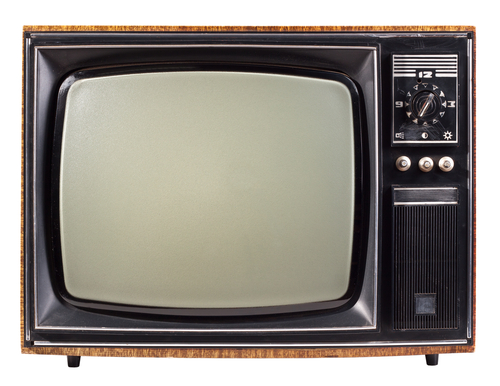|
Sandra Bullock's 'Gravity': How apt is the 'Avatar' comparison?
Posted on: 10/07/13
 As "Gravity" made waves at the box office this weekend,pundits both professional and amateur struggled to find comparisons. One of the striking attributes of the Alfonso Cuarón film is that it doesn't really look like anything that's come before. But one of the striking attributes of Hollywood is that everything is like something that's come before. And so a few journalists — including this ink-addled simpleton — came to a conclusion: In many ways, Cuarón’s "Gravity" wasmuch like James Cameron’s "Avatar." Big visuals, critical raves, populist fun, a desire to see in 3-D. Even the names of the movies (and their directors) had a certain poetic symmetry. Some of the similarities were literal. Both were movies set in outer space, and if one was hyper-realistic and the other fantastical, they both showed us the possibility of something rich that lies beyond our earthly grasp. Both indeed demanded (and received) an unusually wide viewership in that third dimension. Both are about talented scientists in over their head trying to get home. Both also opened big and seemed to gain momentum as they go. ("Gravity" is on this course, though "Avatar's" global eye-popping total of $2.8 billion may never be caught by any movie, ever) Other similarities were clever, if not entirely meaningful: Each movie involved a filmmaker who had taken a long hiatus (12 years for Cameron, 7 for Cuarón) that was the product, partly, of their waiting for the technology to enable their film. ("Waiting for the technology" is the new "lost weight for the role.") Some were narrative (minor spoiler alert): Each film engendered debate over whether its ending was too neat. Each movie has or will put awards on its mantle, but a best-picture statuette is less likely. ("Gravity" made its case this weekend, but a sci-fi film has never won Oscar's top prize.) And from a cultural standpoint, both blurred — or, more accurately, made meaningless — the line between art and entertainment. Lost in all the talk about the October box-office record for "Gravity" is that it's the first live-action release in years to garner at least a 98% rating on Rotten Tomatoes. "Avatar" threw back to an earlier time when expensive mass entertainment could be smart and critically acclaimed too. Now "Gravity" threw back to "Avatar." Of course, there are many ways in which the movies are totally different. Cuarón's film is a 90-minute visceral jolt, stripped largely of back story and mythology. Cameron's movie is 2½ hours that's all back story and mythology, which is why Cameron will be making "Avatar" movies until the end of time and "Gravity 2: Electric Boogaloo" will hopefully never see the light of day. Cameron also engaged political gears with a pro-environmental, anti-colonial message. Cuarón's movie is mostly free of politics; if it does espouse any ideology it's of the mild-mannered internationalist sort — when NASA technology fails, Russian and Chinese space stations are always there to save the day. Finally, Cameron made his movie with hundreds of millions of dollars and studio backing for what was designed as a major holiday fandango. Cuarón made his movie after plenty of begging and borrowing, and cast shuffling to boot. One day when we're making movies on the moon it will matter less if you can cast one of seven actors who will open a movie in Brazil. On Earth, unfortunately, it's still a big deal. COMMENTS
Be the first to post a comment! Post A Comment:

|
.gif)



.jpg)

